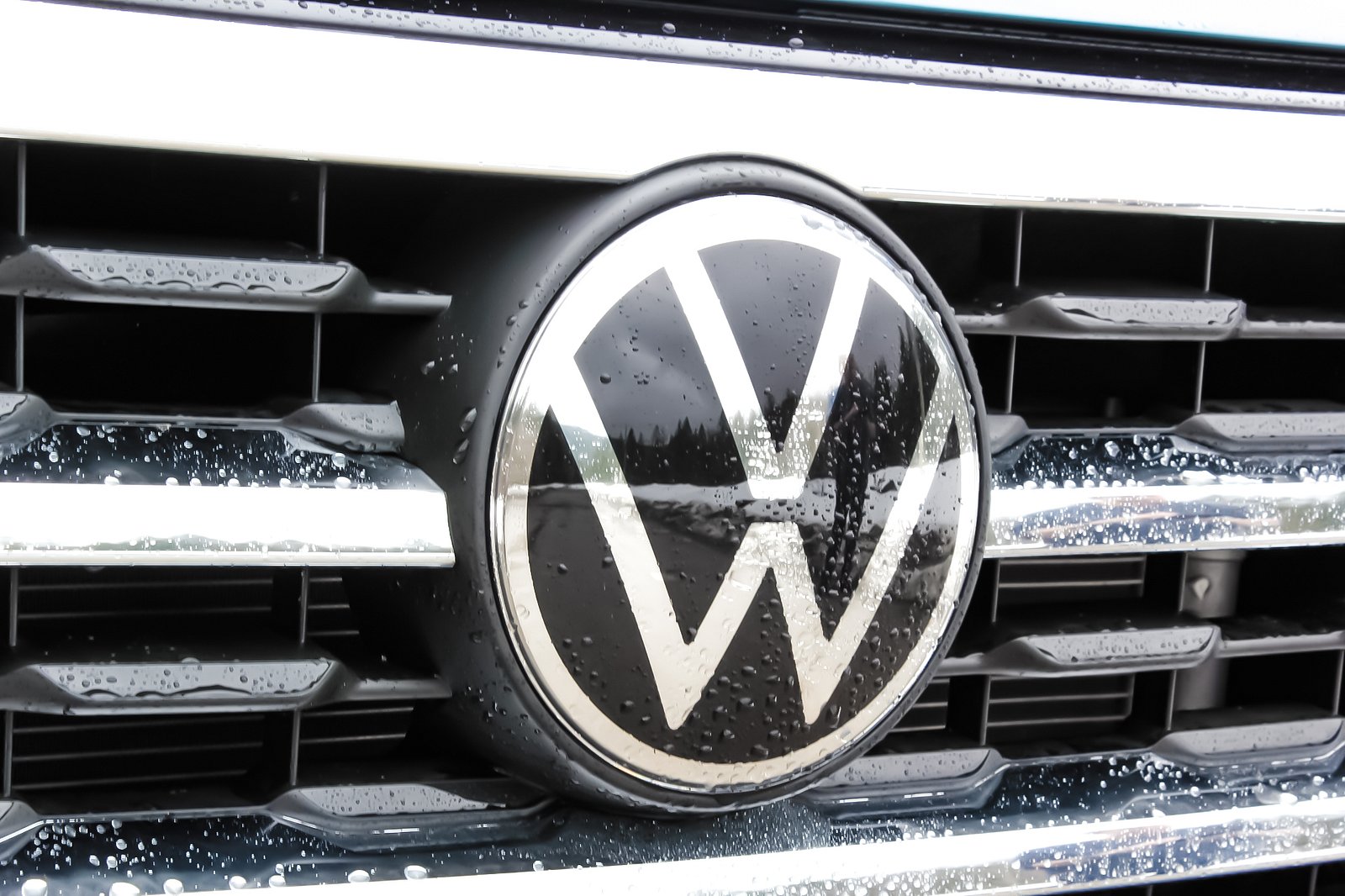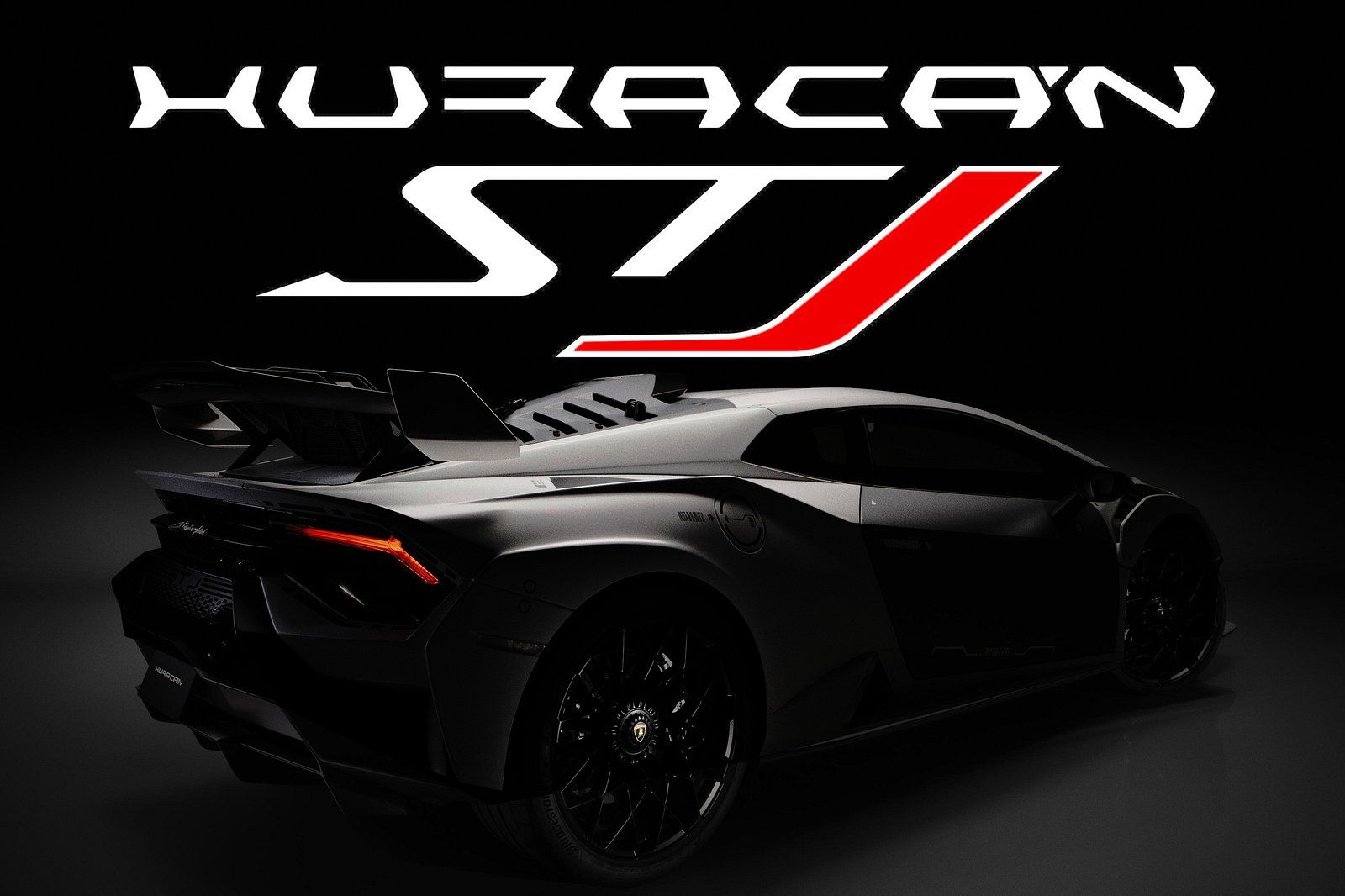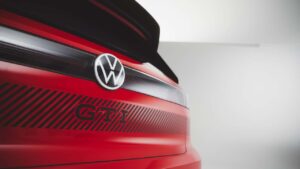Volkswagen’s Latest Models Inspired by Greek Mythology, Metal Music, and Monsters
CarBuzz has recently uncovered eight fresh trademarks submitted by Volkswagen in several intellectual property agencies within the past few weeks. A majority of these applications were filed at the German Patent and Trademark Office (DPMA), while a couple more were registered with the corresponding equivalents in Mexico and Chile. This could suggest that these upcoming brands are intended for cars outside of the North American region.
No matter what the circumstances may be, all that comes after this will be mere guesswork. Hence, refrain from approaching your nearest VW dealer in hopes of obtaining details about these fresh names as you will likely be met with a bewildered expression. With no more delay, let’s take a look at what Volkswagen has been working on.
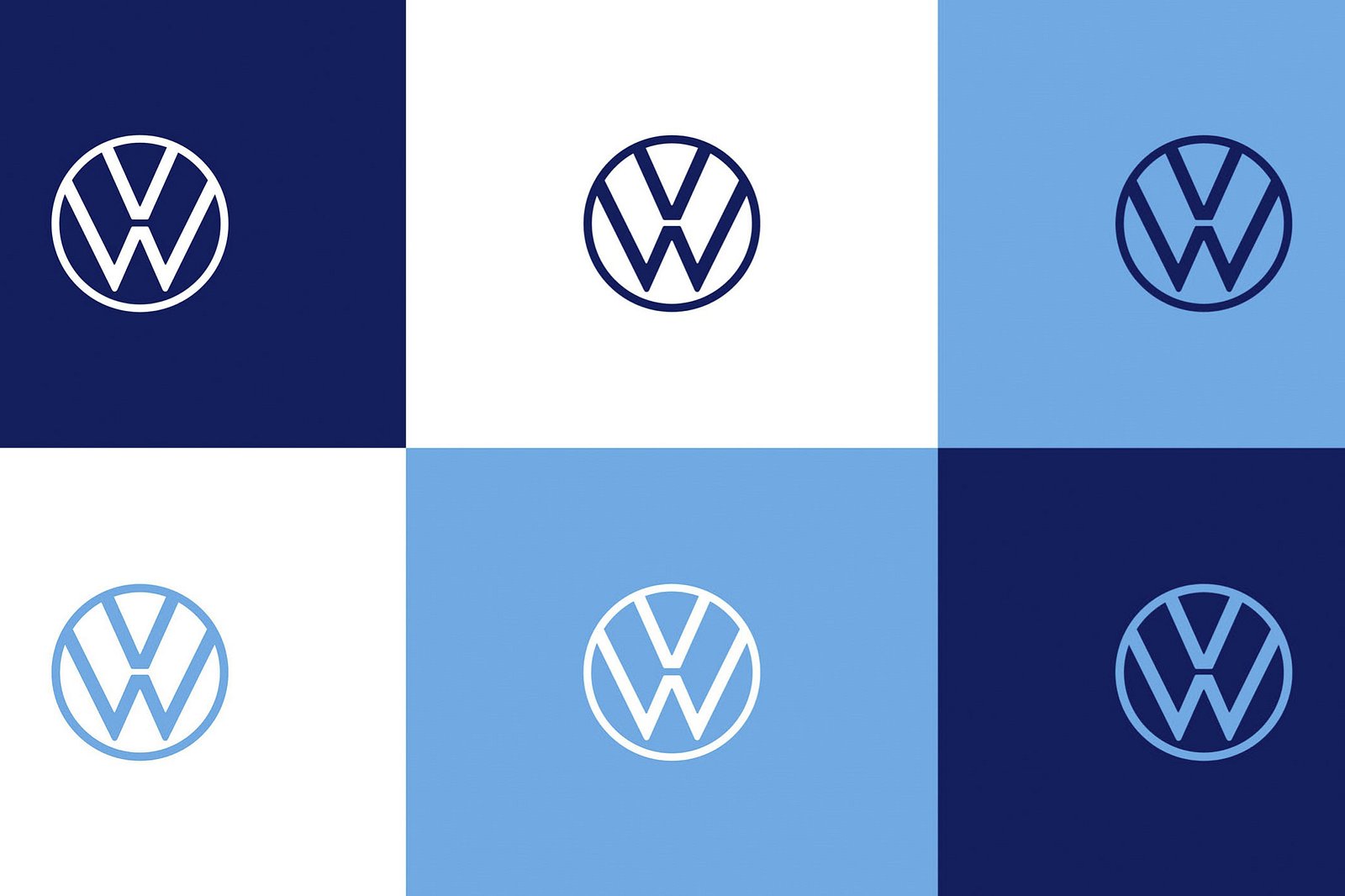
Several trademark applications have been submitted for the names listed below (in alphabetical order):
The term “Airon” may seem ambiguous, but it is actually derived from the name “Ayron” which translates to “mountain of strength.” On the other hand, “Angra” is a much more intriguing word as it holds various meanings. In Portuguese, it refers to an inlet, cove, or bay. In Old Norse, it signifies sorrow, annoyance, or trouble. It is also the name of a genus of underground insects and a type of fish, as well as a Brazilian power metal band. Upon further investigation, we discovered that “Angra Mainyu” is the title given to a malevolent spirit or evil force in the Zoroastrian religion.
Although these details are intriguing, we believe that Volkswagen had a different motive in mind when selecting the moniker. Back in the 1980s, a corporation by the name of Angra Industria e Comercio de Carrocerias crafted a ride that was a fusion of a sports car and a buggy. It utilized air-cooled VW components and a fiberglass exterior, leading to speculation that VW may be considering reviving this car for the Brazilian market where it was initially produced.

The other monikers lack a significant background, however, let us swiftly delve into their explanations. Hera originates from Greek mythology, particularly the title of the goddess in charge of marriage, femininity, and conjugal accord. Additionally, she is known as the safeguard of females during labor, potentially making it a fitting choice for a family ride.
“Tempus” is the Latin term for time, however, it also serves as the word for grammatical tense in Finnish, Swedish, and German. Another word, “Tera,” is used to denote a trillion. While this may not seem significant, the related word “teratos” translates to “monster.” Interestingly, another recently trademarked name, “Therion,” has Greek origins and means “wild animal” or “beast.” This name is also associated with the beast mentioned in the biblical book of Revelation and is the moniker of a symphonic metal band from Sweden. Additionally, “Therion” is the genus of a type of wasp and was the ancient Greek name for the constellation Lupus.
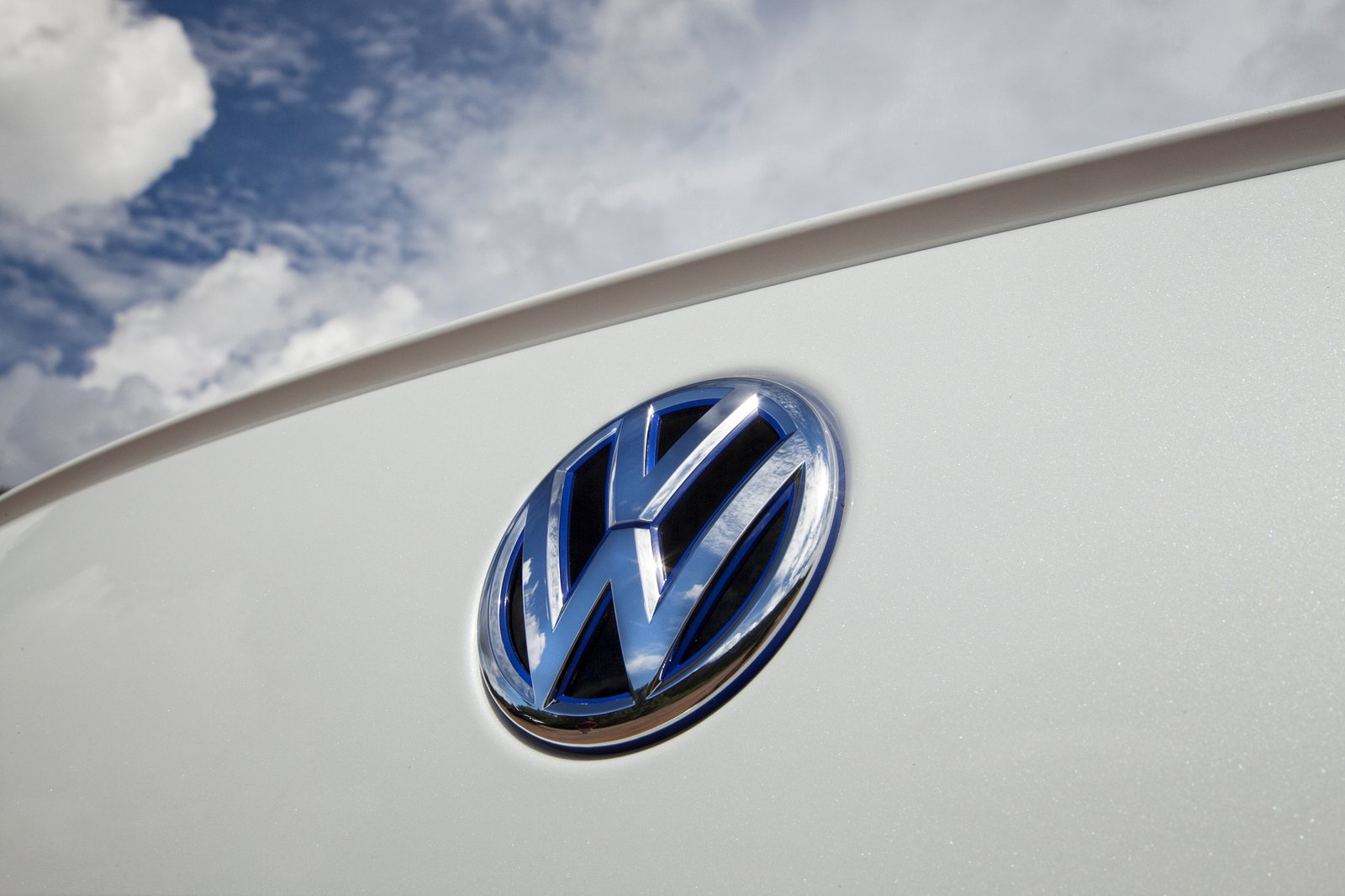
None of these monikers share the same interpretation, save for Thron, which translates to throne in German, and Tukan, a variation of the popular bird species, Toucan. Yet, what caught our attention was the recurring ties to Greek mythology, scientific naming conventions, and musical groups.
The story behind the present designations utilized by VW is rich in Greek terminology and titles. However, German words, peculiar blends (crafted by customers and internally devised), as well as local landmarks have also served as sources of inspiration throughout the years. VW has also shown a fondness for incorporating names based on winds: the Golf GTI’s first part was derived from the Gulf Stream oceanic current.
It is extremely challenging to anticipate the potential usage of these names (if any), however, considering the fact that a majority of VW crossovers and SUVs carry names beginning with the letter T (even though not all of them), it is reasonably safe to presume that these names will not be featured on sedans or hatchbacks.
